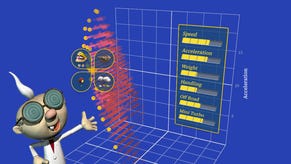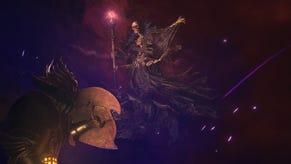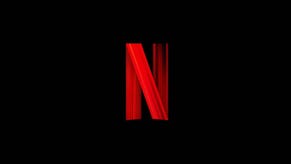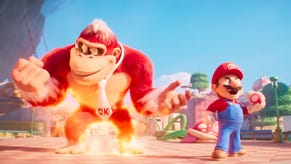Eidos CEO attacks GameCube
He wouldn't be the first, and he won't be the last.
Eidos CEO Mike McGarvey has become the latest chief executive of a big-name publisher to attack the Nintendo GameCube in public, calling it "a declining business" during an interview with The Times Online last week, and explaining that sales of Eidos' Cube products were responsible for only a fraction of the revenues in its latest financials. As a result, he said, Eidos' big fiscal 2004 titles will appear on PS2, Xbox and PC, but not GameCube.
And yet, as with Acclaim CEO Rod Cousens, who said similar things about the console back in June, Eidos' PR people weren't so keen on the "ditching GameCube" line, telling C&VG on Friday that the publisher "hasn't stopped supporting the Cube," although "for now there are no plans." Déjà vu? Shortly after Rod Cousens asked why his company should develop for platforms "that don't deliver profits" in June, Acclaim described an MCV story based on his comments as an "unfair characterisation" of his words. "We will still support the PS2 and Xbox, but Nintendo? No, not in the foreseeable future," he had reportedly said. It obviously took a lot of spin to come up with a provocative headline for that one.
Amusingly incongruous PR aside though, this is yet another blow for Nintendo, who failed to impress once again at ECTS this year, with a rain and windswept trade-only exhibition of various sequels opposite a massive public demonstration of Sony's equally massive 2003/4 line-up. Although this Christmas should be better than last year's miserable effort (comprising just Eternal Darkness and the lacklustre Mario Party 4 that we can remember), with Mario Kart and F-Zero GX amongst the headliners, it's still difficult to see the Cube accelerating enough to give the PS2 and Xbox a run for their money - and a lot of that does come down to third party support.
Put simply, the GameCube is still very much a "secondary console" for many of its owners. Ports take longer to appear on the console for various reasons (including the proprietary mini-DVD format - and just how long is an anti-piracy device like that beneficial if actual sales are crap?), and anybody with a choice will almost always go for either PS2 (which is usually the developer's target system) or Xbox (which often manages smoother gameplay and/or improved visuals. The lack of online play versus PS2, Xbox or even PC more or less seals the Cube port's fate.
And, as Cube fans are now more or less resigned to, this means that purchases are limited to the one or two big Nintendo releases per quarter - and, as McGarvey identifies, that makes for something of a declining business as Nintendo switches its focus towards N5. Nintendo doesn't seem to care about sorting things out on the Cube now, preferring instead to further bar its fans from big games by clamping down on importers. We're already starting to see publishers back away from the platform, and cancel individual ports if things aren't working out on their indigenous platforms - looking down our release schedule for multi-platform titles, it's easy to imagine a lot less of them appearing on GameCube by this time next year, whether publishers are prepared to admit it or not.








